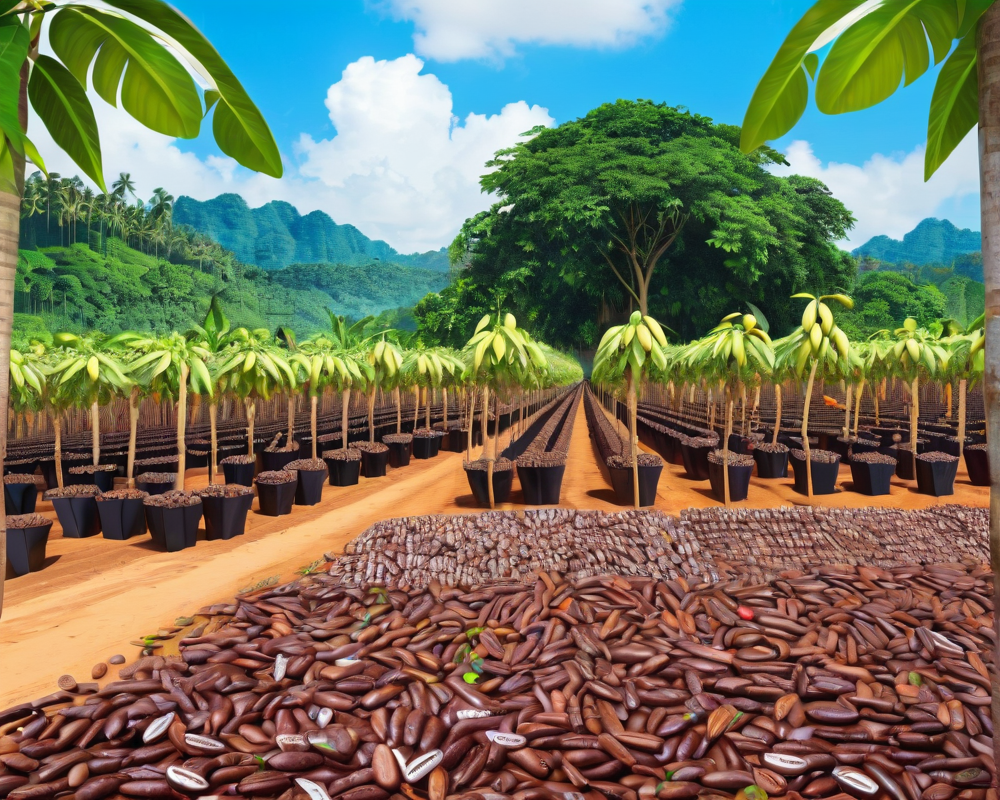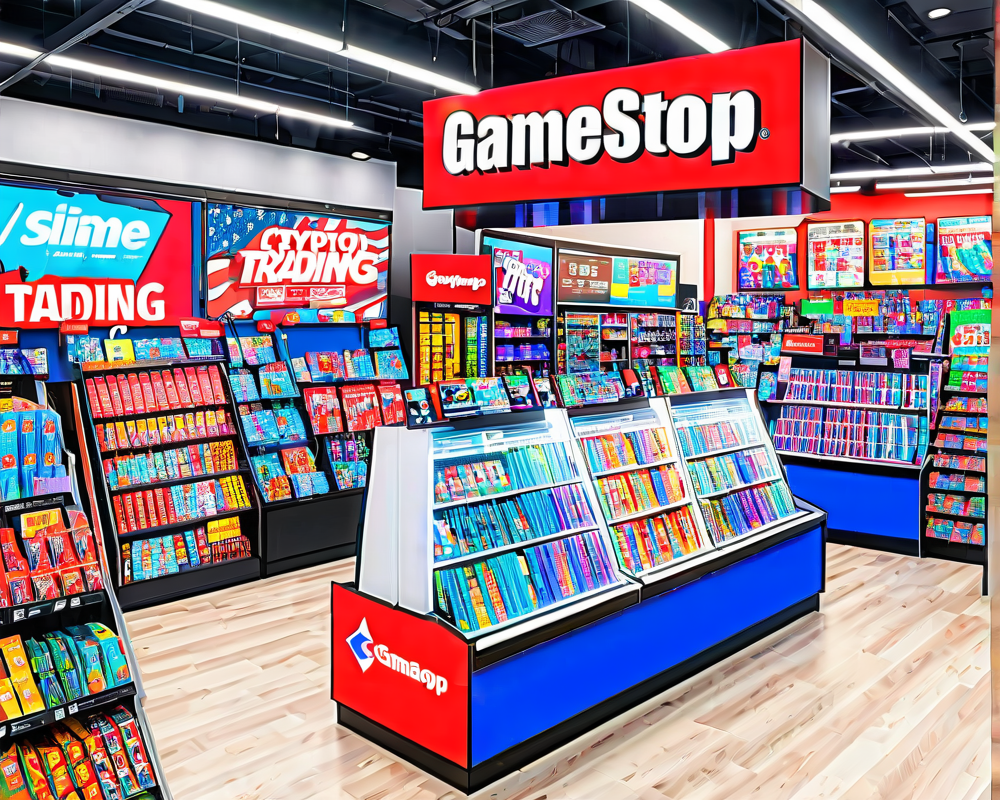The Sweet Side of Technology: Cocoa Farmers and Blockchain
In a delightful partnership that could change the lives of cocoa farmers, the United Nations Development Programme has joined forces with the FairChain Foundation, a Dutch NGO. Their goal? To leverage blockchain technology for fairer funding in cocoa farming. Because let’s be honest, who knew that solving the world’s cocoa crisis would look like the coolest tech startup?
The Other Bar: How It Works
Meet “The Other Bar,” a chocolate bar that’s not just sweet on your palate but also on your conscience. Each bar comes equipped with a QR code, allowing consumers to contribute directly to cocoa producers. When you scan the code, you don’t just get a gateway to chocolate bliss; you also find out how much the farmer received for their cocoa, along with the GPS coordinates of the cacao tree that produced your bar’s chocolatey goodness. It’s like a treasure map, except instead of gold, it’s brown and delicious.
A Chocolate Industry in Crisis
Now, before you start dreaming of chocolate waterfalls, let’s talk numbers. Despite the chocolate industry being a whopping $92 billion global market, cocoa farmers see a mere 3% of that value. Yes, you heard it right—while we indulge in rich chocolate, many farmers struggle to make a living wage. FairChain’s ambition is crystal clear: boost the dough (pun intended) that farmers take home.
The Power of Blockchain in Donation Transparency
Each blockchain token related to The Other Bar represents about one-quarter of the value of a cocoa tree. When consumers donate using these tokens, they help fund the planting of new cocoa trees. And wait—there’s more! Thanks to blockchain technology, consumers can track the impact of their charitable donations, creating a transparent ecosystem that could leave your traditional fundraising methods feeling jealous.
The U.N. and Blockchain: A Match Made for Good
The U.N. has a rich history of employing blockchain technology for humanitarian purposes. From aiding refugees in Syria through cryptocurrency vouchers to developing identity systems aimed at combating child trafficking, the organization is no stranger to innovative solutions. Recently, they explored blockchain’s potential in promoting sustainable urban development in Afghanistan. But let’s just say, they also have a fair share of challenges to tackle, particularly concerning decentralized cryptocurrencies and issues like money laundering.
Conclusion: Changing Lives One Bar at a Time
This partnership between the U.N. and FairChain Foundation could pave the way for a new era in fair trade and sustainable farming, giving consumers the power to make a difference in the lives of cocoa farmers. So next time you reach for that chocolate bar, remember: you might just be contributing to a farmer’s fair wage and a new cocoa tree. And hey, that’s a lot sweeter than the guilt of biting into a chocolate bar without thinking about the farmers behind it.




